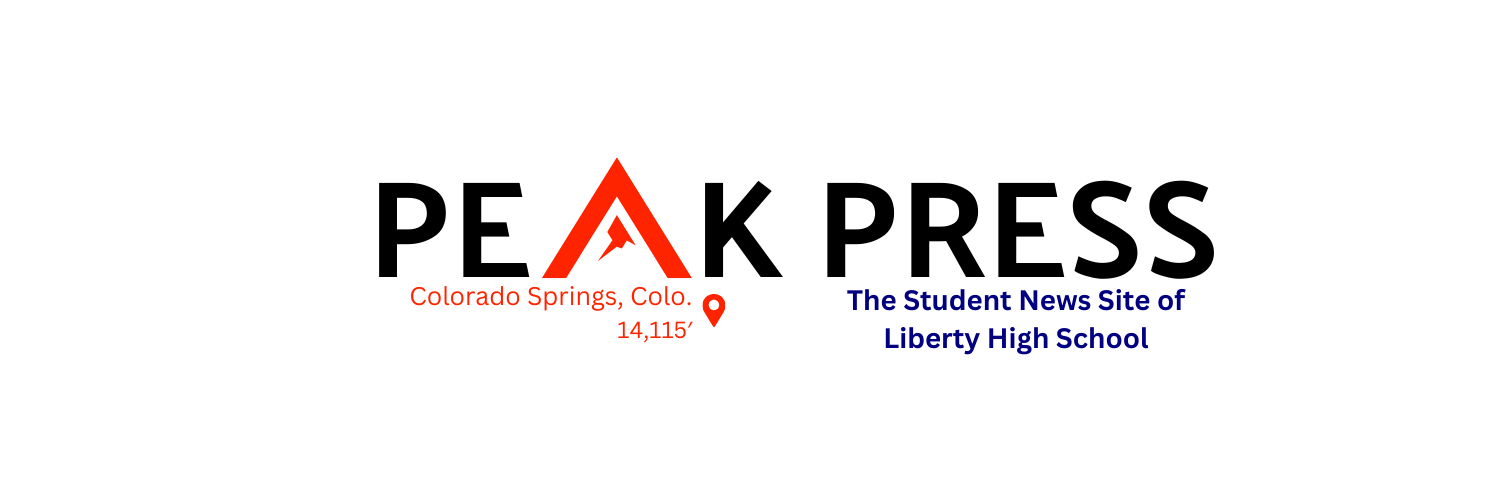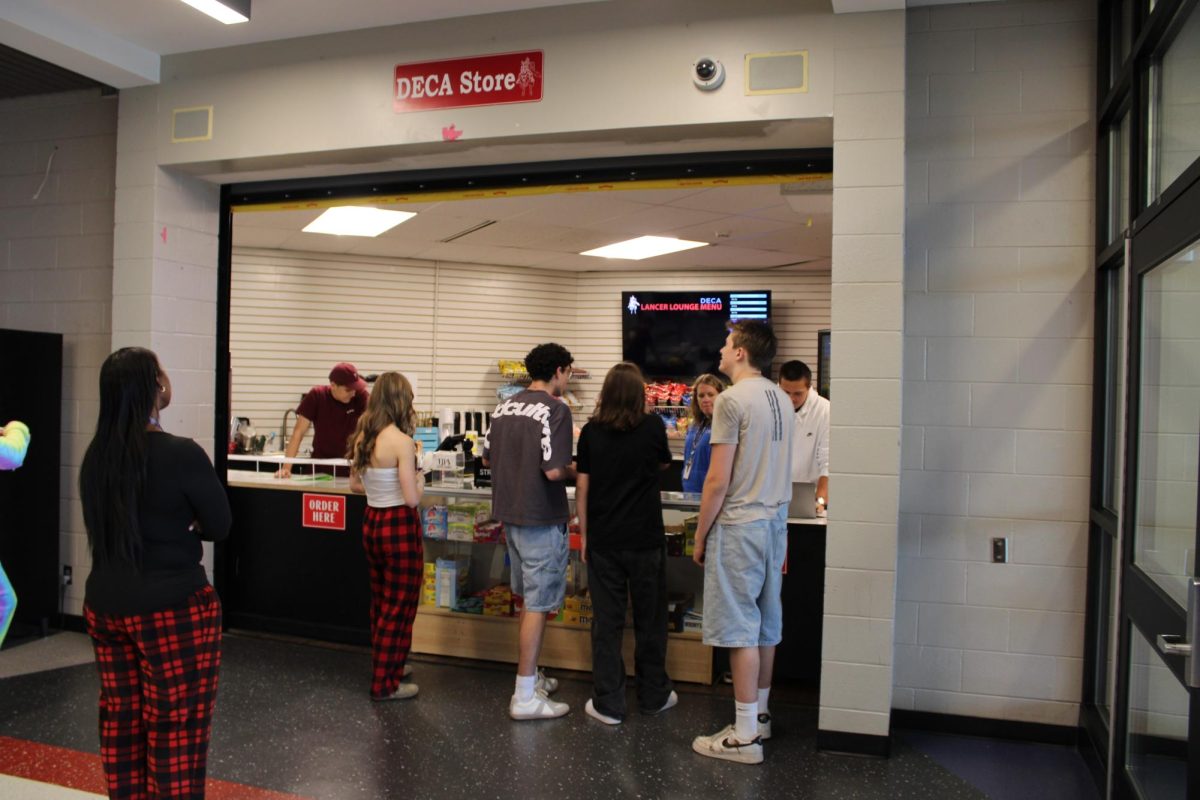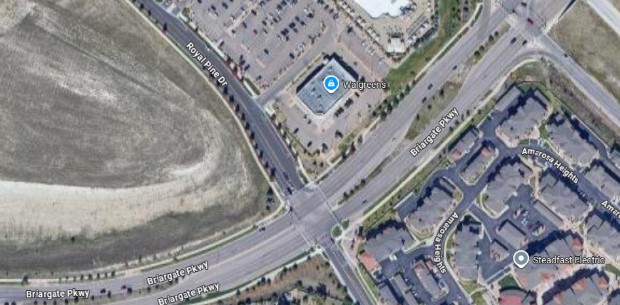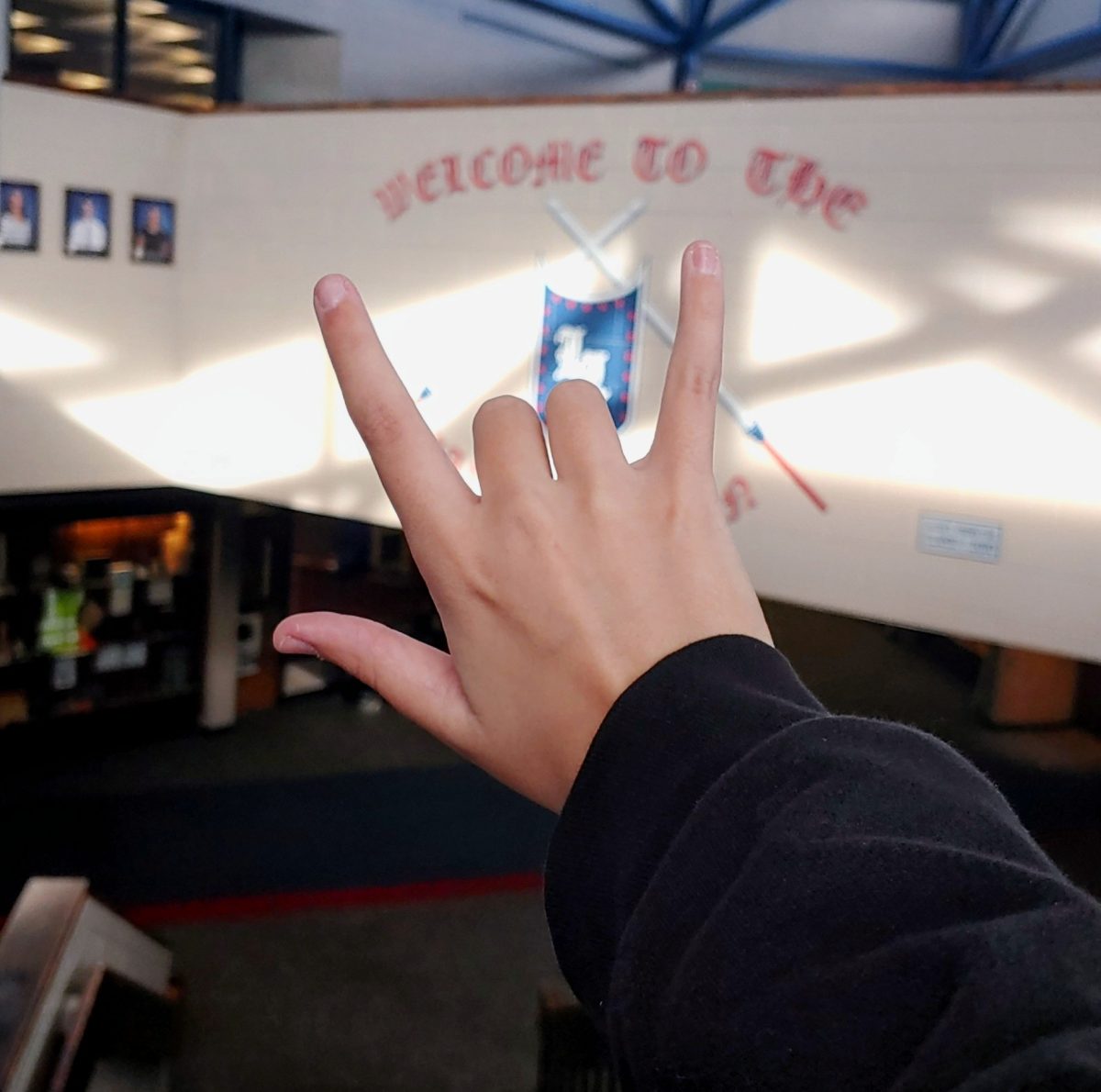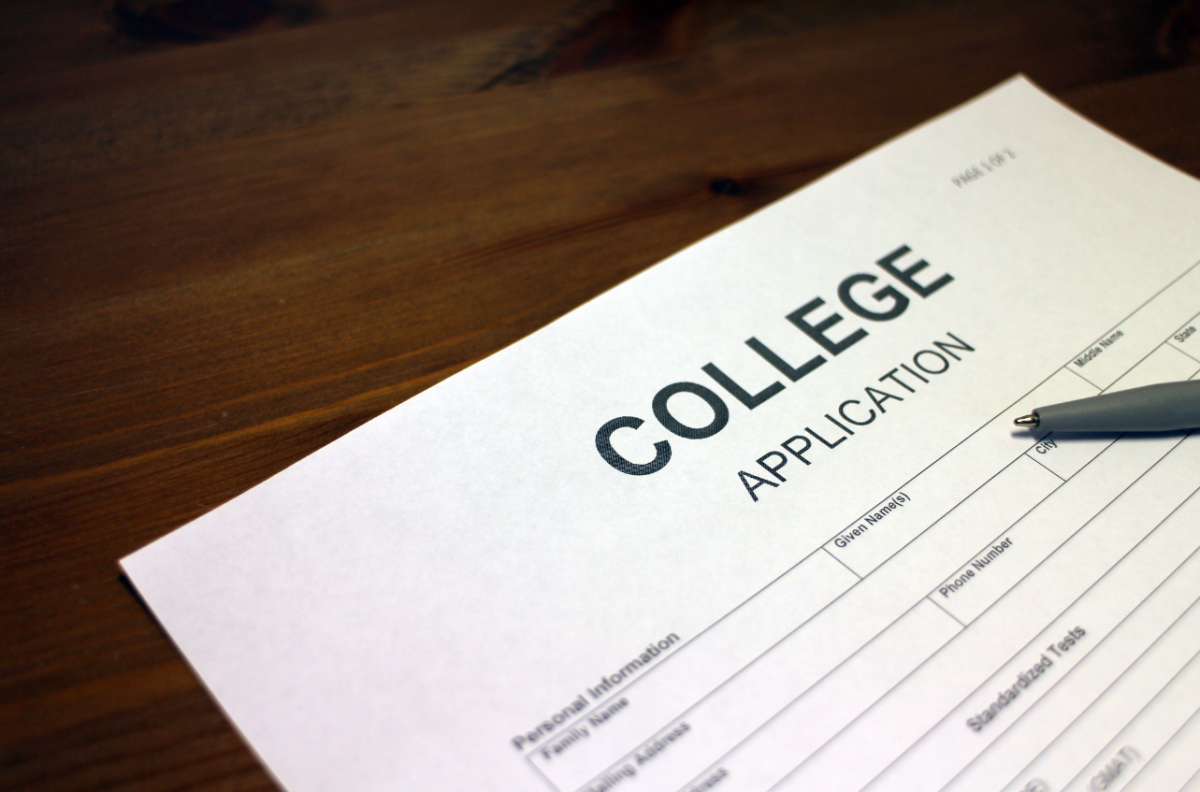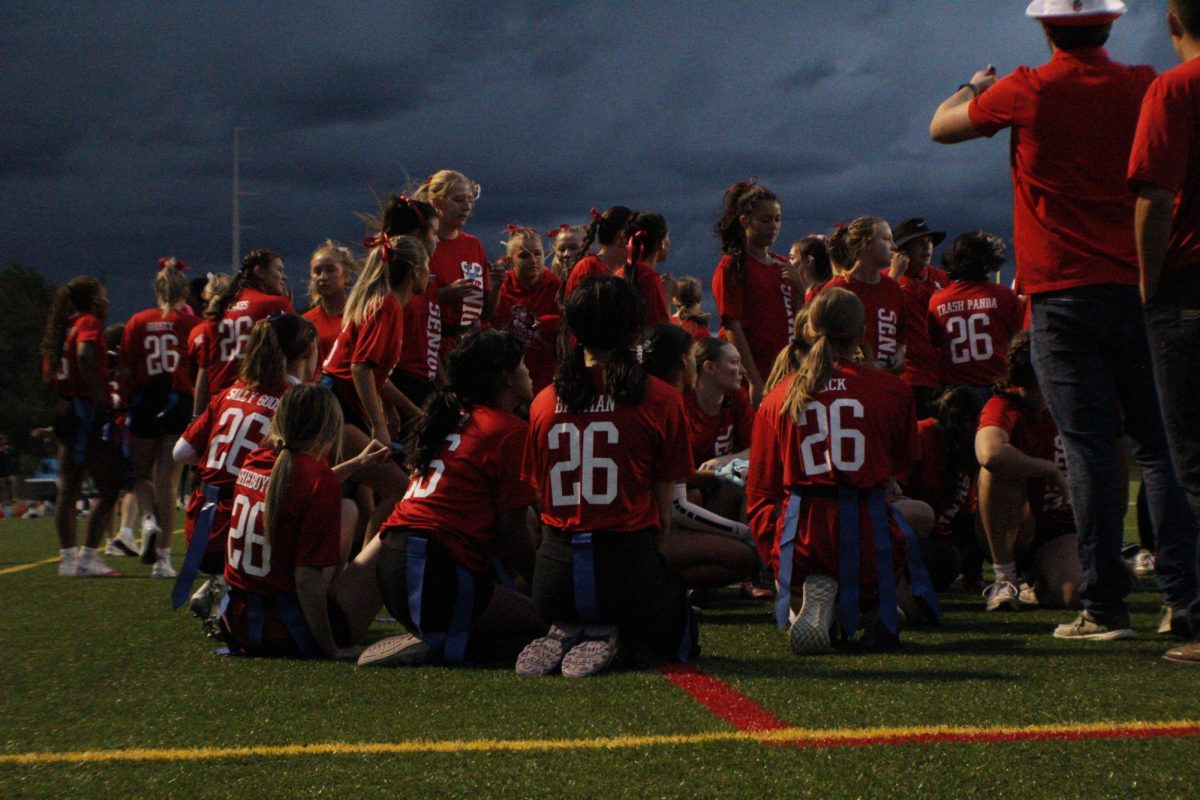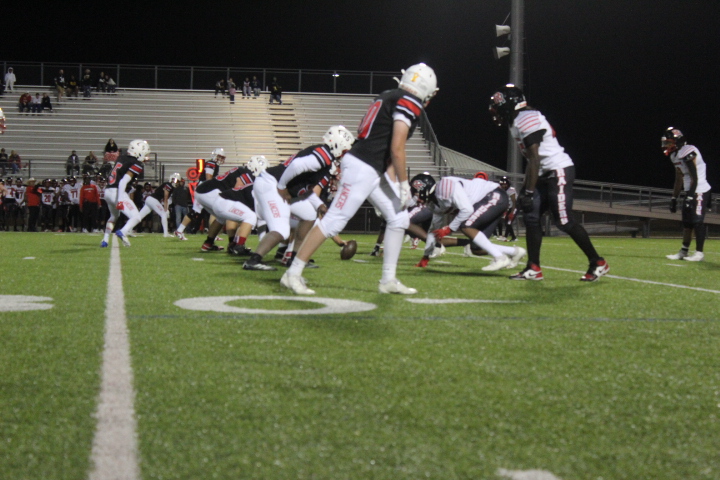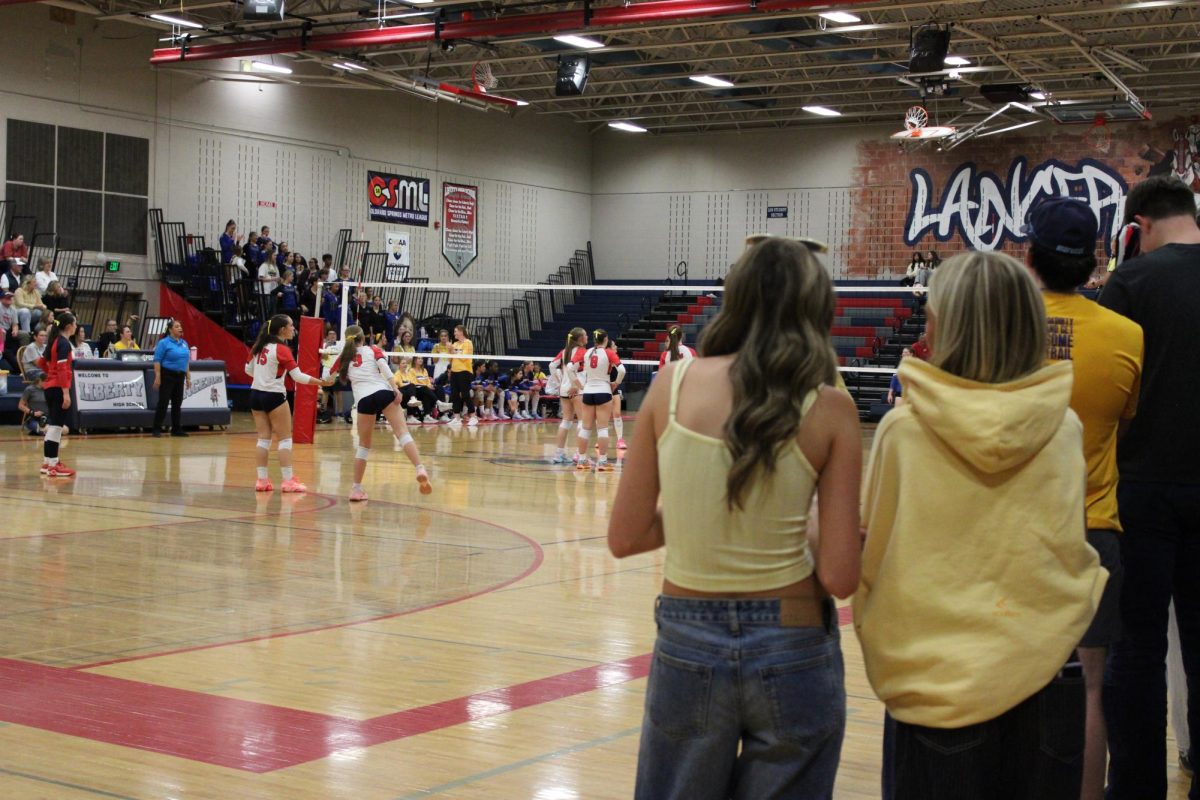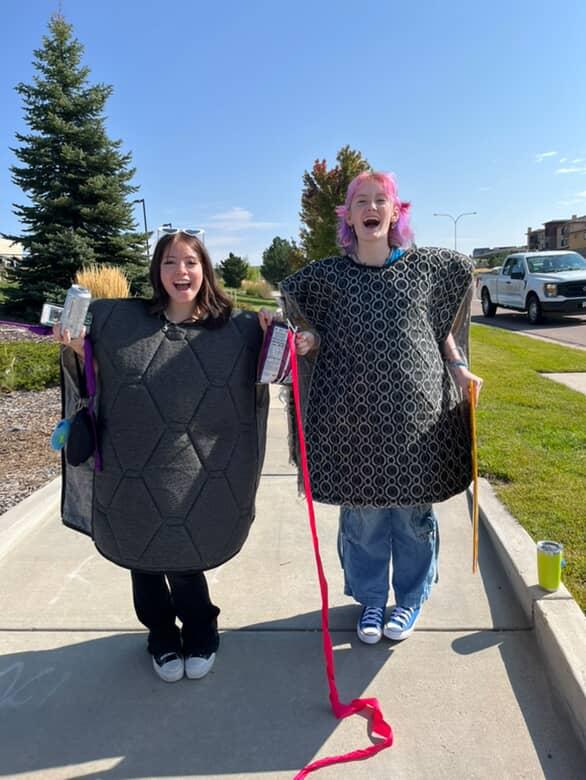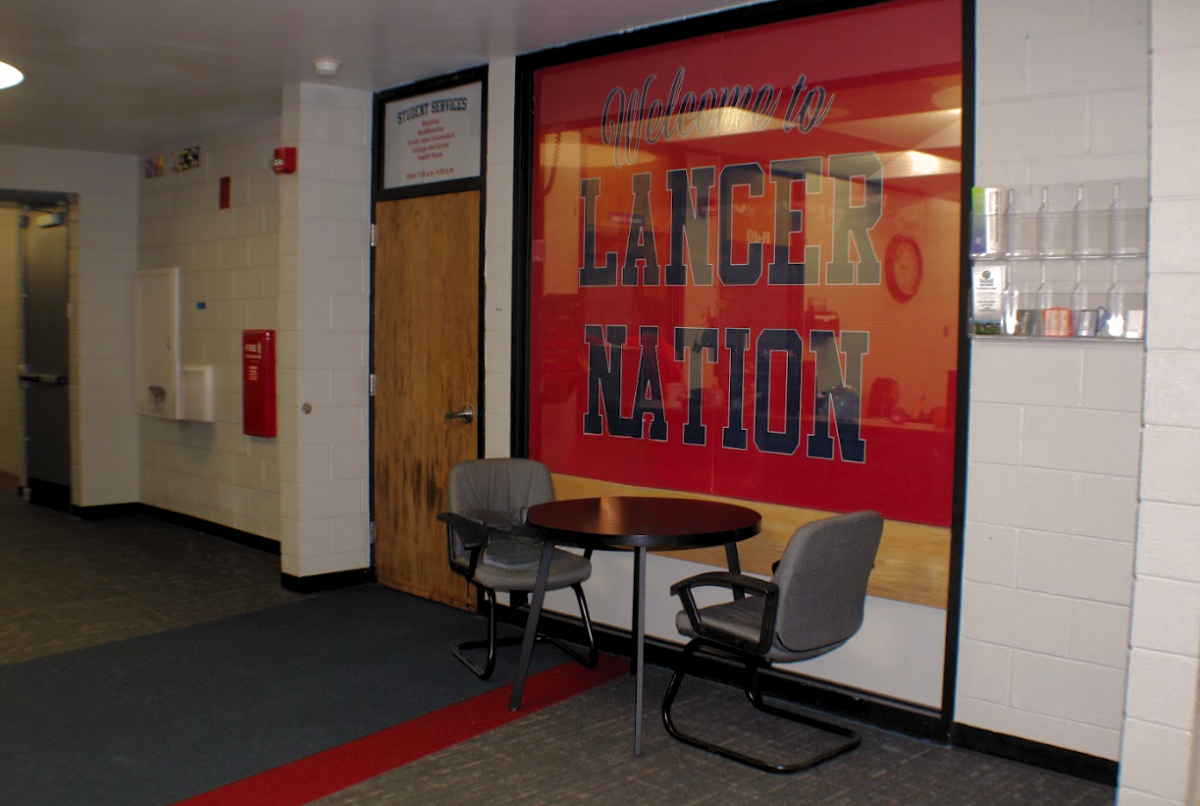For many students the final bell of the school day signals freedom, but for others it marks the beginning of a crucial second opportunity for academic success. After-school math help, often held in a quiet classroom setting, has become an indispensable resource for students navigating the complexities of the math classes offered within the walls of Liberty.
This program is more than just a quiet study hall; it is a specialized workshop designed to tackle homework, clarify concepts, and bridge knowledge gaps with the direct support of our own dedicated teaching staff.
The core mission of the after-school session is simple ; immediate support for those who need it. Mr. McGee is one of the math teachers who consistently volunteers his time after-school, and explains how math usage applies to real world properties. He hopes to contribute to this change, as he stated, “ oftentimes we’re just working with students by getting their homework done, and helping out,” Mcgee notes.
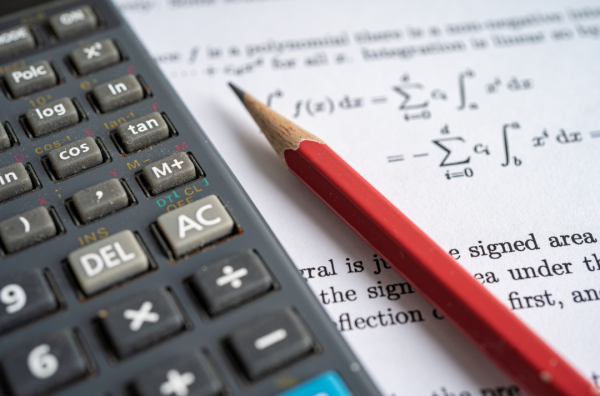
This focus means that students are not merely completing assignments but are actively reviewing the day’s lesson with a professional eye guiding them. The sessions provide a low-stress environment where students can secure the points they need on assignments while solidifying their understanding of the material.
A major advantage of the program lies in the caliber of the mentors available. Unlike general tutoring services, the after-school session is staffed by the same teachers who understand the school’s curriculum, grading standards, and typical student pitfalls. According to McGee, this familiarity is paramount to the program’s effectiveness.
This direct access allows for personalized instruction where a teacher can quickly identify the source of a misunderstanding. “It’s nice to have actual teachers here, because we can get through some of the concepts, and get a little bit more one on one,” McGee said.
The process of targeted help is diagnostic and efficient. Rather than simply giving away answers, teachers give a hands-on approach to uncover where a student’s knowledge is incomplete. By observing the issues, educators can focus their attention precisely on the areas missing, ensuring that the student is building true comprehension rather than relying on a quick fix.
McGee describes the method students apply as he said,“ we’re able to identify gaps, by usually having them work through part of it, and we can see where they are getting stuck.”
The voluntary nature of the program inherently addresses one of the biggest challenges in education: student engagement. The students who attend are self-selecting; they are already motivated by the desire to improve their grades and complete their assignments.
This focus creates a productive and purposeful atmosphere where every student present is committed to the task at hand. “So it’s not necessarily so we don’t worry so much about engagement, because they’re already looking to get the work done,” McGee stated.
The benefits, however, flow both ways. While the students receive crucial academic help, the teachers gain professional enrichment as well. By assisting students with various levels and branches of mathematics from entry-level algebra to advanced statistics, teachers like Mr. McGee is able to maintain a broad expertise.
McGee mentioned that helping out helps him stay connected with different math concepts that he does not teach in his regular classes, keeping his professional skills sharp and ensuring he remains a versatile resource for all students at our school.
After-school math help is a powerful tool for academic achievement. It offers a vital bridge between classroom learning and successful application, providing students with precise, focused, and timely support. By leveraging the dedication of our own teachers, this program ensures that every student has the chance to master their assignments, strengthen their skills, and ultimately succeed in mathematics.
